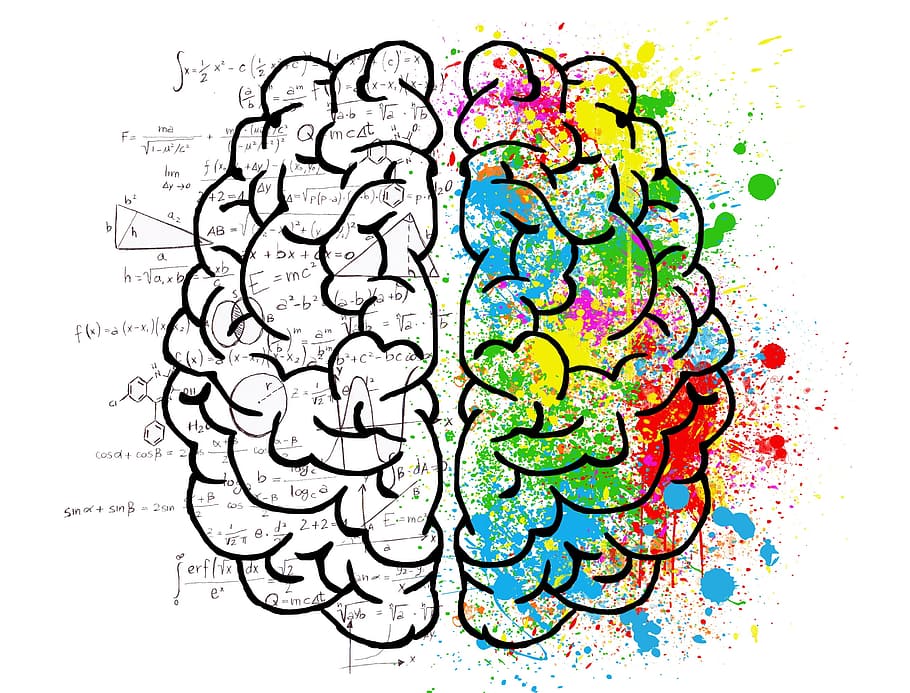
A direct benefit of using humor effectively in the workplace is that it does wonders for creativity. One of the reasons workplaces can often restrict creativity and feel stifling is because we are surrounded by routines, prodded by deadlines, and always working towards that deadline. These are all goal directed activities. Heaven help us if all we’re doing is not directed toward some end. Imagine the chaos! While goals and objectives have their place, like many tools, they can become overused; they can become crutches. The very thing we often want, creativity, spontaneity, is stymied by the very environments we create to help us meet our deadlines and get those deliverables, delivered. So when we are invited to a brainstorming session, regardless of how many colors of Post-It Notes are on the table, we begin with a disadvantage. Brainstorming sessions exist to achieve a goal. When we focus on our goals, we tend to narrow our focus and thereby reduce creativity. So I say, “No more Brainstorming Sessions.” No more temporary chachkies to promote some sense of fun. You want to be creative, make everyone make jokes about your widget. You’ll see some creativity and better still, it will be more useful.
Why would jokes be helpful with creativity? Because jokes rely on people making atypical connections among ideas. The very best jokes and humor rely on what most researchers accept as an incongruity: something absurd or unexpected. For example, when I see friends off as they leave me I will often be heard to say “Drive fast. Take chances.” This is obviously a joke. I don’t mean it. But they don’t expect that and when my words frustrate that expectation, they work it out and recognize the humor.
What I encourage people to do, in my college classes, in companies that I work with who want to increase creativity is to ask the folks involved to make jokes about their product or service. Be careful not to invite ridicule that can offend, but clever jokes. The jokes aren’t typically going to be ones that make it onto a stand-up stage–that’s not the point. The jokes are going to get them playing with the ideas in their heads. They’re going to treating the widget or whatever as an object of play and as they do, then the ideas that could be useful will start to tumble out. It won’t happen at the end of the hour, but it will have effects later on. The brain loves to play even when we’re asleep. Ever gone to bed with a problem and awoke with the solution? This activity will get the unconscious parts of the mind to working and in a day or two you’re going to get some good ideas. I’ll bet some people even enjoy it. Don’t believe me? Ask me the joke one of my students made up in under 10 minutes using only a thermos. It was brilliant.


